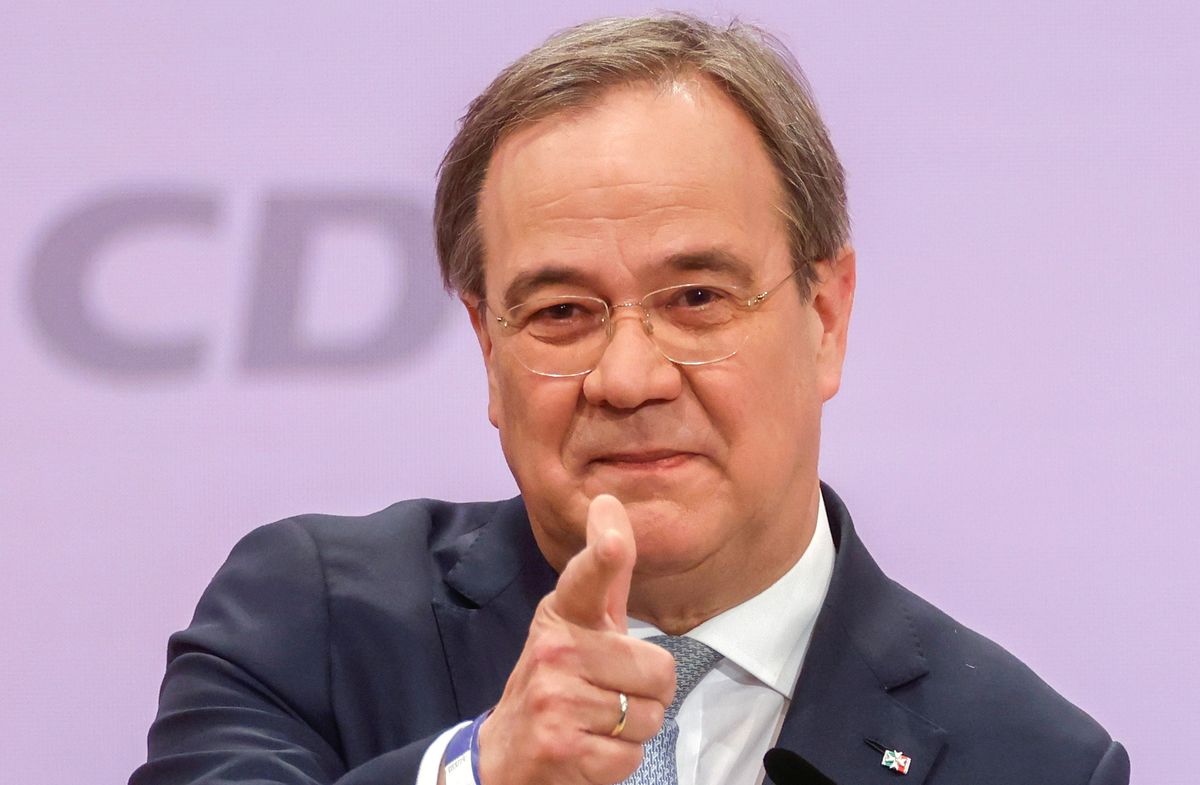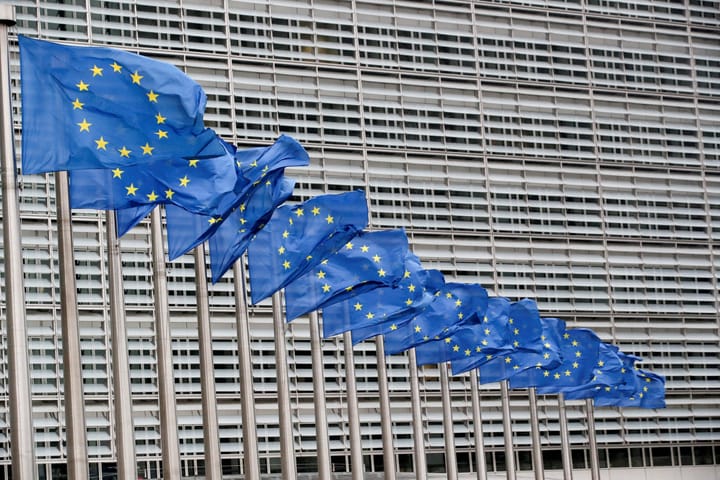Germany and the US may disagree over how to handle China and Russia

A few minutes every morning is all you need.
Stay up to date on the world's Headlines and Human Stories. It's fun, it's factual, it's fluff-free.
A return to normalcy is unlikely to see the US and Germany on the same page when it comes to foreign policy but will instead emphasize the differing degree to which the two countries view the wider world.
With new elections set for September 26 of this year, Angela Merkel will soon be stepping down after 16 years as Germany’s chancellor. Merkel is a member of the Christian Democratic Union (CDU), Germany’s ruling center-right party, and has long been considered the bulwark of the European political establishment.
Succeeding her as leader of the CDU – and possibly as the next German chancellor – is Armin Laschet, the minister-president of North Rhine-Westphalia, Germany’s most populous state.
Laschet’s election as leader of the CDU came just days before President Joe Biden was sworn in as the president of the United States. Many in the political establishment hope that this will return the transatlantic relationship to its traditional state. However, there is doubt over whether Biden and Laschet can agree on their different worldviews when it comes to foreign policy.
The Merkel government made little effort to conceal its distaste for former-President Donald Trump and Biden’s victory in the 2020 election was largely welcomed in Berlin. But while a return to normalcy in the transatlantic relationship is already manifesting, it may not be as amiable as many hope.
The Biden administration has already signaled that it will maintain a hard line toward China. Despite a new chancellor entering office later this year, Berlin’s approach to America’s geopolitical rivals in Beijing and Moscow is unlikely to change. This is especially likely if Laschet is elected.
When asked in an interview with Politico about whether there should be repercussions for China’s and Russia’s human rights abuses, Laschet turned to the necessity of continuing trade relations with the two countries, stating, “one can’t only pursue trade relations with countries that follow our societal model.”
Asked how the European Union should respond to the poisoning of Alexei Navalny if the Russian state is responsible, Laschet responded that the “EU and NATO should come up with a clear, common response.”
A January report from Politico stated that Laschet is “considered by some critics to be a Russlandversteher, a derogatory term for people who take a soft stance on Vladimir Putin’s Russia” and that the CDU leader “is also considered to have a soft line on China, as protecting German export industries has been one of his biggest concerns.”
Criticism aside, Laschet’s foreign policy positions when it comes to Russia and China appear to be mainstream. Germany finds itself in the same predicament as many of America’s other allies when it comes to China – namely, how to balance their economic relationship with China and their security relationship with the US.
China is Germany’s most important trading partner, with 206 billion euros worth of goods traded between the two countries in 2019. The US was next, with 190 billion euros worth of goods traded between the two countries.
In the final days of the Trump administration, the EU signed a major trade deal with Beijing – one that was promoted by Berlin.
In return, Berlin has been somewhat restrained when it comes to criticizing Beijing. The EU has listed China as a competitor and Germany joined with other Western nations in criticizing China’s national security law in Hong Kong, but Germany has refrained from confronting Beijing over its human rights abuses, aside from granting asylum to a few prominent dissidents.
For Germany, trade appears to take priority over addressing human rights abuses and in this area, it is hardly alone. The US is also selective with airing concerns over human rights issues, particularly when such abuses are reported among allies like Saudi Arabia.
Berlin’s logic toward China is not much different from its logic toward Russia, the latter of which is viewed by Germany as a vital energy producer that will always be a part of Europe. This calculation runs counter to the view in Washington, which is that Russia and China are strategic rivals.
As a result, any return to normalcy is unlikely to see the US and Germany on the same page when it comes to foreign policy but will instead emphasize the differing degree to which Washington and Berlin view the wider world.
Have a tip or story? Get in touch with our reporters at tips@themilsource.com




Comments ()